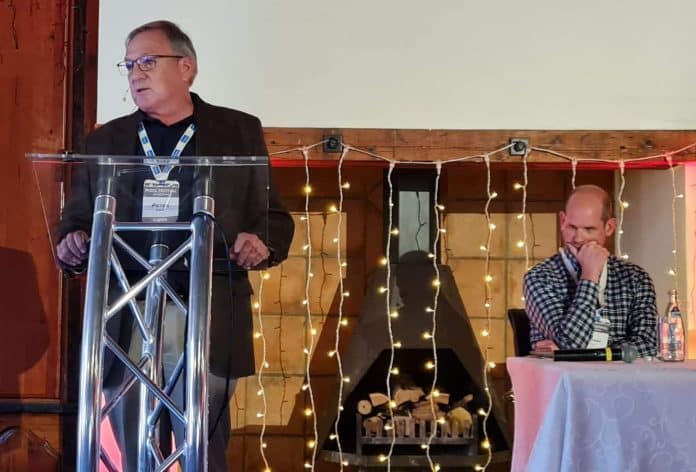Estimated reading time: 5 minutes
South Africa’s pork producers can improve the country’s global market position by diligently logging the movements of pigs. This urgent appeal was made by Dr Peter Evans, CEO of the South African Pork Producers’ Organisation (SAPPO), and James Jenkinson, the newly elected chairperson of SAPPO, during their AGM at the Pork Festival in Centurion on 12 September.

South Africa has stopped exporting pork products to Namibia due to insufficient transparency in the pork industry, as not enough movement logs were recorded on SAPPO’s World of Pork information platform. “It is only a matter of time before compulsory traceability and movement logs are implemented,” Dr Evans emphasised, adding that it would be more beneficial for the industry to self-regulate. “Through self-regulation, we will be able to pick a regulation system that is tailored to the pork industry’s unique needs, but this requires producers’ cooperation. If you are uncertain how to log the movement of your animals, please contact SAPPO. All our staff is very eager to help in this regard.”
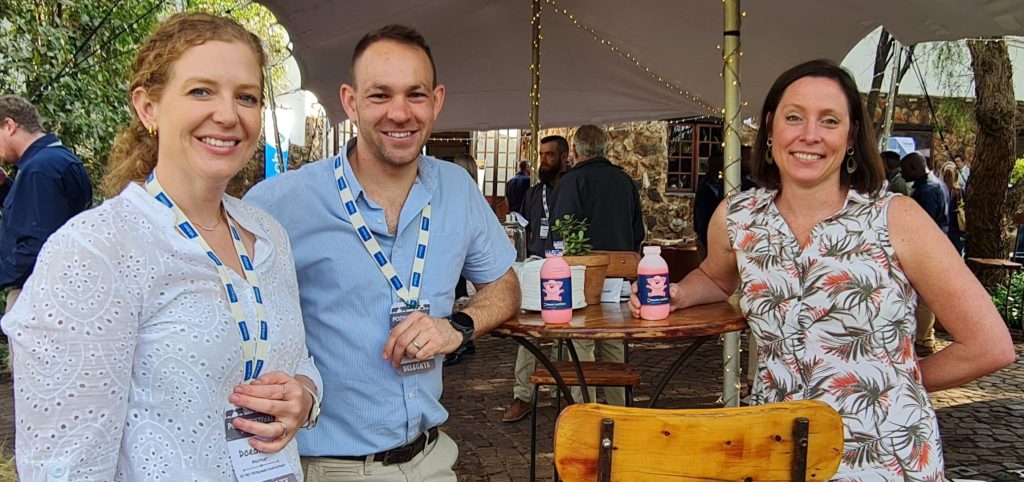
Dr Thandi Chiappero, programme manager of SAPPO’s One Health Consumer Assurance, highlighted the importance of SAPPO’s Pork 360 consumer assurance scheme. Pork 360 aims to actively address any external restrictions and manage risk. Currently, 131 farms and ten abattoirs are certified under the Pork 360 scheme, which represents 91 406 sows across the country. All data collected are digitised on the World of Pork program. The scheme is audited by 15 auditors.
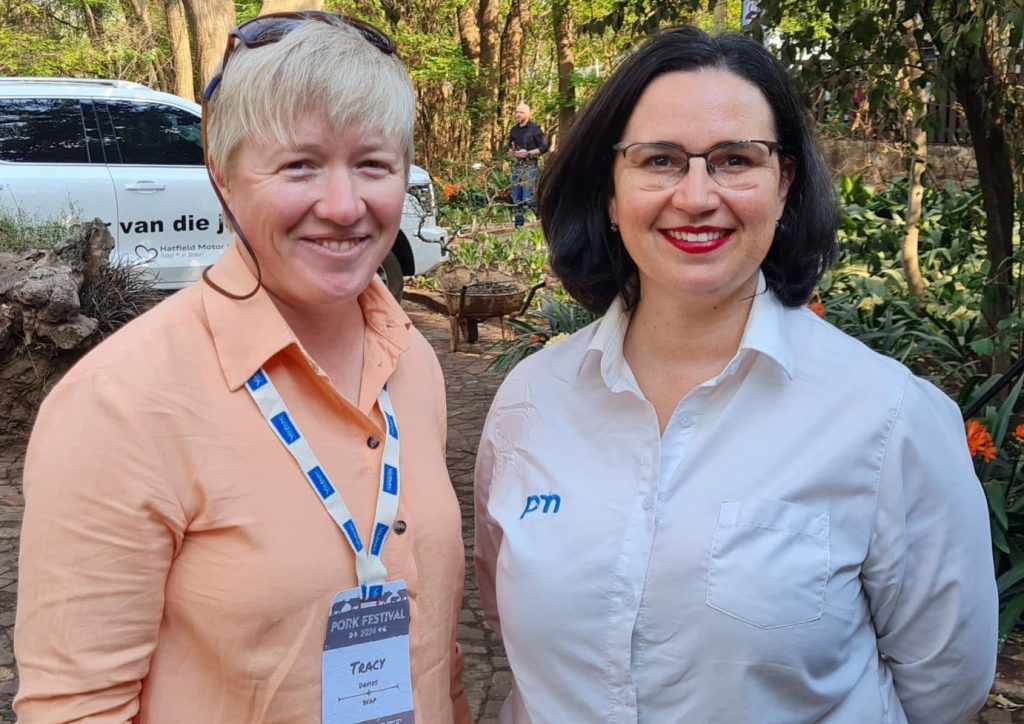
Read more about SAPPO’s involvement in the pork industry here.
Formalised ESG reporting
Starting in 2024, Pork 360 has been incorporating environmental, social and governance (ESG) matters into its reporting, in compliance with the International Organization for Standardization’s management standards. “Pork 360 was identified as an ideal vehicle to implement ESG,” stated Dr Chiappero.
Frans van Wyk, a chartered accountant and director of Agrifusion, said this move was crucial as ESG reporting will soon be mandatory for listed companies. Banks will also require this type of non-financial report from any business seeking to engage with them. However, while ESG reporting is not financial, it should still be tangible.
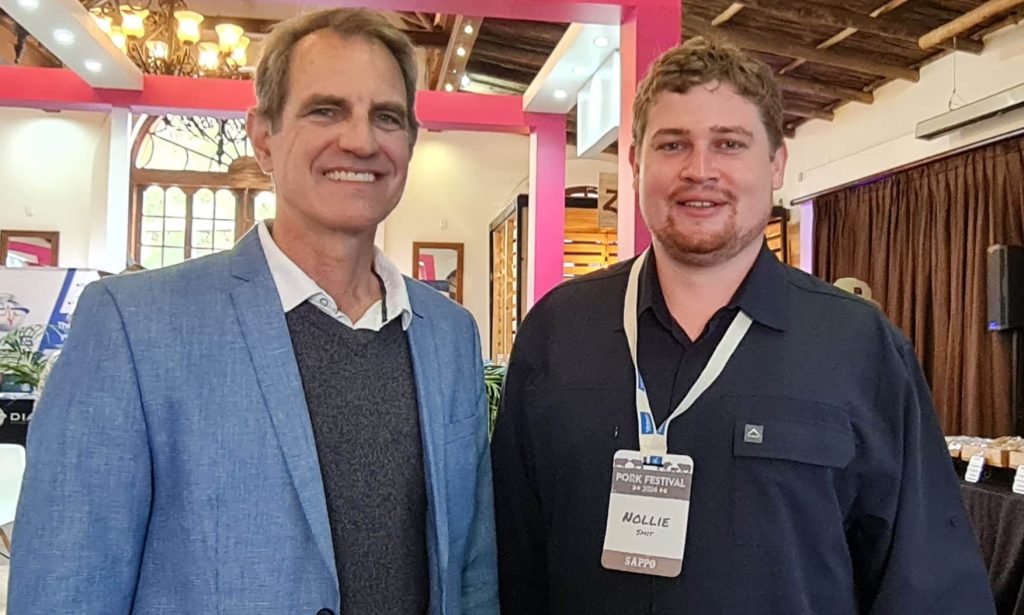
Companies cannot simply greenwash their responsibilities with superficial public relations efforts. The reports must demonstrate tangible results in sustainability through risk mitigation.
“Although there is still a sea of uncertainty and international disclosures with regard to ESG reporting, we are moving towards a point of convergence where uniformity will be achieved. In the meantime, companies should adhere to the principles of double materiality, which involves recognising risks and opportunities on both financial and non-financial bases. And while it is still in its infancy and not voluntary to report on ESG, it is important to note that it will become a requirement in future,” Van Wyk said. This means reporting will impact the bottom line but also their effects on employees, the environment, and the broader social landscape.
Get the domestic pork carcass prices here.
Building trust with Gen Z
“Consumers, especially in Europe, are becoming extremely sensitive to greenwashing. Therefore, it is critical to be truthful and transparent in your reporting,” Van Wyk warned. “It is all about trust. If your company engages in greenwashing, you will lose consumers’ trust, and if they don’t trust you, they will not buy your product.”
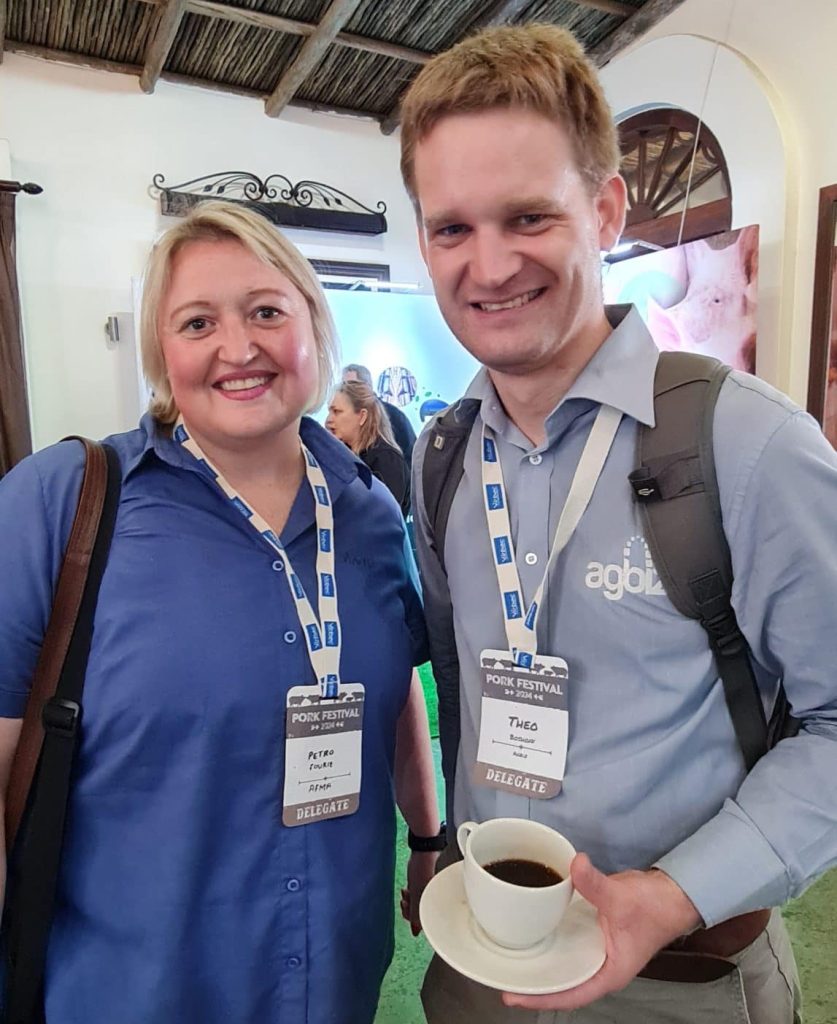
This highlights the importance of understanding Generation Z (Gen Z), those born roughly between 1997 and 2012. “We need to prepare for these consumers and ensure that we speak their language. We must adapt to them because they will not adapt to us,” Van Wyk said. He emphasised that this is not a cookie-cutter generation. While they are well-connected and use technology in nearly every aspect of their lives, they are very individualistic. Strategies that work in one part of the world may not work elsewhere.
Gen Z are excellent communicators, though their communication style differs from previous generations. They are technologically savvy, often have non-linear career paths and possess a strong sense of social justice. – Susan Marais, Plaas Media

